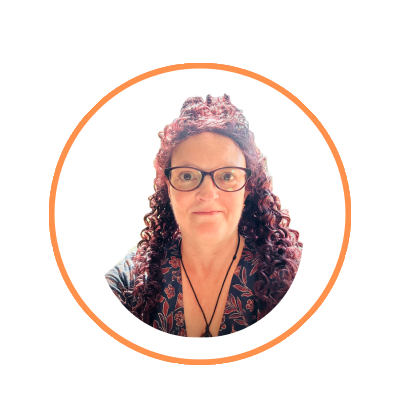
by Harmony Kent
Crammed with easy-to understand examples, this guide is for writers of every genre—both fiction and non-fiction, literary, and commercial. But most of all, it’s about having fun and making friends with your muse.
Creative Solutions for the Modern Writer is the perfect gift for the writer in your life.
Do you want to be an author? Are you struggling to find inspiration? Do you ever find it difficult to put words on the page? Or are you simply looking for novel ideas? If so, then this book is for you.
This little guide will help you unlock your story ideas and fire your imagination. The text covers things such as writing from various prompts, to using Chess, Tarot, and even nursing Triage (and much more) for developing your characters, story, and plot.
From the award-winning author of Polish Your Prose: Essential Self-Editing Tips for Authors—an excellent companion text—Creative Solutions focuses on the creative side of writing rather than the technical.
This book gives you the tools you need to make writing fun, as well as tips and techniques on creating characters and stories that will stay with you and your readers forever.
Crammed with easy-to understand examples, this guide is for writers of every genre—both fiction and non-fiction, literary, and commercial. But most of all, it’s about having fun and making friends with your muse.
Please note: As this is a digital download, and you have a preview option on this sales page, no refunds will be given after you've downloaded the book.
A VALUABLE WRITING TOOL I read and enjoyed one of Harmony Kent's fictional works and I was sufficiently impressed by her writing to pick up this non-fiction book about writing techniques and inspirational tools when it launched last year. I was not disappointed and learned a lot a developing good writing habits and ways of discovering inspiration for this book. I have always edited as I write, this is largely due to the fact that I am a perfectionist and leaving something half done is difficult for me. This book encourages writers to not edit as they write but rather to ride the wave of your creativity and go back and edit later. I have tried this over the past week and have added double the words to my WIP. I didn't not edit completely, but I did a lot less and felt I got a lot more words on paper this way. It is difficult to pick up on an incomplete idea so this advice makes perfect sense so that you get a piece of writing written down while it is fresh in your mind. This books sets out lots of ideas for writing prompts which I find a great way of sharpening my writing skills. The author's prompts have given me a lot of food for thought and I certainly won't be running out of ideas in the foreseeable future. There are also great tips on using Tarot cards, horoscopes, chess boards and other items to generate ideas or to move your story along if you become bogged down or stale with your writing. I thought this was a valuable writing tool and I will certainly be referring back to it going forward.
FROM DYSTOPIA TO DIDACTICS While not necessary, you really should read Ms. Kent's dystopian novel, Fallout first. It's not required, but it would help you understand when she outlines her method of preparing to write a story. (BTW, I did read and enjoy, 'Fallout.' https://www.amazon.com/gp/product/B07S6PJ3L2/ref=dbs_a_def_rwt_bibl_vppi_i4 While I am a 15% planner/85% 'pantser' writer, I've seen a lot of methods of setting up a novel outline. Ms. Kent gives the reader several different approaches for those who 'think differently' than others do. In high school and college, I took several various chemistry courses, but still had a problem understanding the Periodic Table of Elements. In my fifth chemistry course, an instructor said something that opened my eyes, and suddenly the chart made perfect sense. In a 'how-to' book to plan a novel, I never thought I read about 'Maslow's Hierarchy of Needs,' a month-long topic in one of my psychology courses being used to explain plot development. Interesting concept! At the end of this story, Ms. Kent lists many useful tools and how to get them. If you are a beginning author, those tools alone are worth the money for the book. While I'll never be a 'planner,' I will put some of these concepts to use. I've always started with a premise, a basic idea of where I was going, and an ending. All I had to do, then was to use my premise and work my way to my conclusion. It's worked for me. Harmony's information will influence my next novel. Thank you!
Hurry! This deal ends soon! Grab this great price while you can!